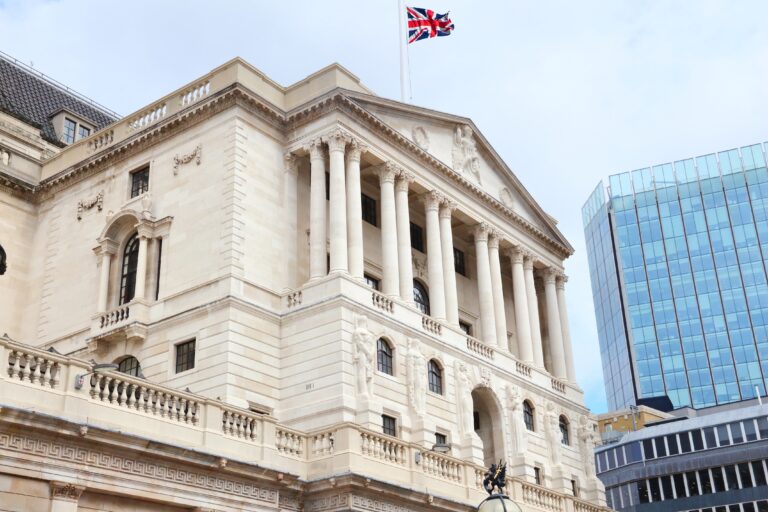Former Bank of England policymakers have urged governor Andrew Bailey to scale back or halt the central bank’s bond-selling programme, warning it is adding to record-high government borrowing costs. Four ex-members of the monetary policy committee (MPC) said Britain’s long-term gilt yields, at their highest in 27 years, are intensifying pressure on chancellor Rachel Reeves ahead of her 26 November autumn budget.
While global factors, including trade tensions and US Fed policy, have pushed yields up, the Bank acknowledged that its £100bn programme of quantitative tightening (QT) from crisis-era bond holdings is also contributing. The Bank is expected to keep interest rates at 4% but could signal a slowdown in bond sales.
Michael Saunders, a former MPC member, said continuing active sales in volatile markets could further push up yields, while Sushil Wadhwani called for halting active sales entirely and switching to passive QT. Andrew Sentance said trimming the programme to £70bn was sensible but cautioned against expecting a fiscal windfall, noting the Bank’s primary role is controlling inflation.
The Bank currently holds around £560bn in bonds, having sold most at a loss. Scaling back QT could ease gilt yields and save the Treasury money, with the IPPR thinktank estimating halting active sales could save more than £10bn annually. Some economists also suggest the Bank reduce interest paid on commercial bank reserves to further ease fiscal pressure.


